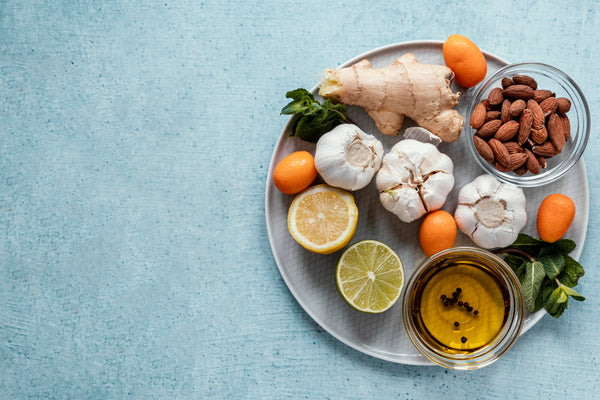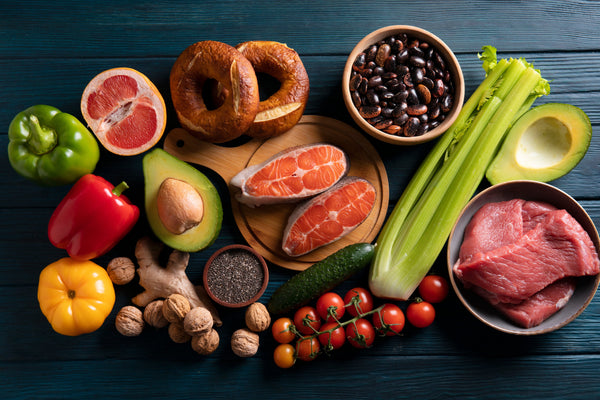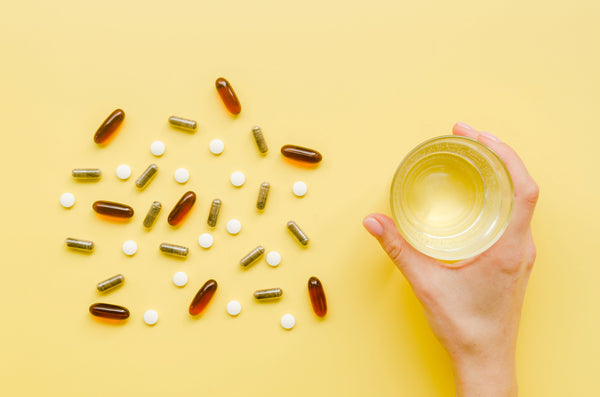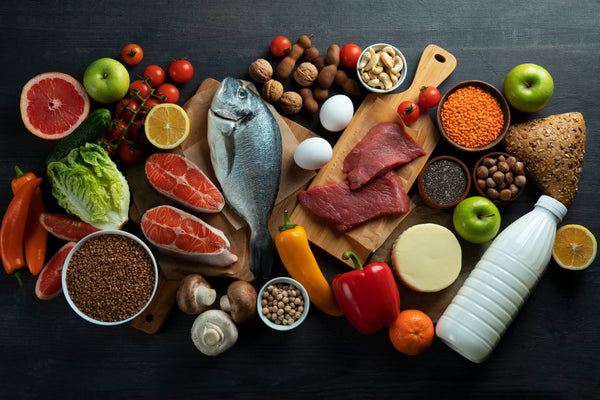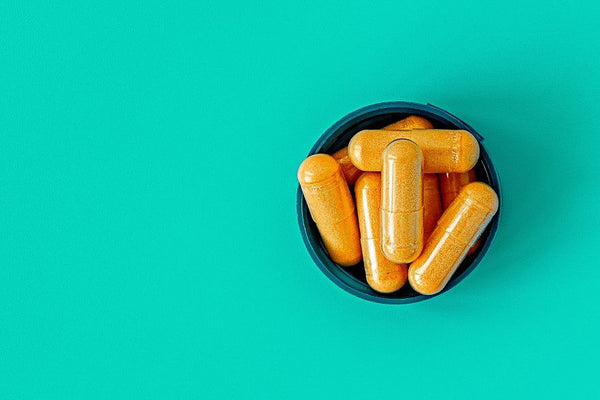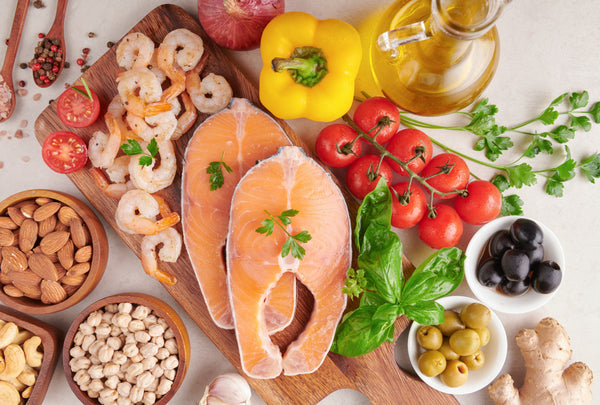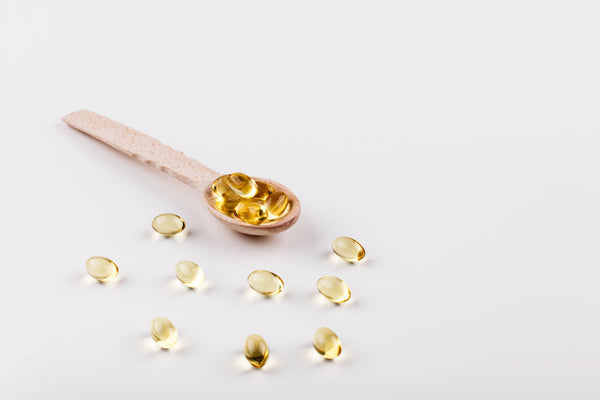10 Best Protein Sources for Vegetarians and Vegans
Protein is a fundamental pillar of a healthy diet, essential for muscle repair, immune function, and overall vitality. Whether you’re a vegetarian, vegan, or simply exploring plant-based options, getting enough protein is crucial for maintaining energy levels and supporting your body’s health. Beyond aiding in muscle growth and recovery, protein helps regulate hormones, promote healthy skin, and support optimal metabolic function. While protein is often associated with animal-based sources, there’s a wealth of plant-based alternatives that provide all the nutrients you need—without compromise.
In this blog, we’ll highlight the top 10 plant-based protein-rich foods for vegetarians and vegans, ensuring you have the best options to nourish your body naturally and sustainably.
1. Lentils
Lentils are one of the most versatile and affordable protein sources, making them a must-have in any plant-based diet. One cup (198 grams) of cooked lentils provides about 18 grams of protein, along with fiber, iron, and folate. The rich protein content in lentils supports muscle repair and growth, while the fiber aids digestion and keeps you feeling full for longer.
Lentils can be used in soups, stews, curries, and salads, making them perfect for a variety of meal options.
2. Chickpeas
Chickpeas, or garbanzo beans, offer approximately 15 grams of protein per cooked cup (164 grams), making them an excellent plant-based protein source. In addition to protein, they are also rich in fiber, which promotes digestive health and helps regulate blood sugar levels. Chickpeas are versatile enough to be used in both savory and sweet dishes, providing a satisfying and nutritious option for every meal.
Try them roasted for a crunchy snack or blended into hummus for a protein-rich dip.
3. Quinoa
Unlike many plant-based protein sources, quinoa is a complete protein, meaning it contains all nine essential amino acids that our bodies cannot produce on their own. One cup (185 grams) of cooked quinoa provides 8 grams of protein, along with fiber, magnesium, and iron. This makes it an excellent choice for vegetarians and vegans seeking a high-quality protein source.
Quinoa is perfect as a base for salads, bowls, or side dishes, and it can be used in place of rice or couscous for a protein boost.
4. Tofu and Tempeh
Tofu and tempeh are two of the best soy-based protein sources available. Tofu contains about 20 grams of protein per cup (126 grams) and is an incredibly versatile ingredient, taking on the flavor of whatever it’s cooked with. Tempeh, made from fermented soybeans, offers even more protein, with 30 grams of protein per cup (166 grams). Both tofu and tempeh are rich in calcium, iron, and magnesium, supporting bone health and muscle function.
These soy products are perfect for stir-fries, curries, sandwiches, and wraps, making them easy additions to your daily meals.
5. Edamame
Edamame, young soybeans, are another excellent source of plant-based protein. One cup (155 grams) of edamame provides about 17 grams of protein. They are also a great source of fiber, vitamins, and minerals like vitamin K, folate, and iron, supporting bone health and immune function. Edamame is easy to prepare and makes for a quick snack or a protein-packed addition to salads and bowls.
You can steam them and sprinkle them with sea salt for a simple snack or toss them in a stir-fry for added texture.
6. Peanuts and Peanut Butter
Peanuts are a popular and tasty protein source, providing about 7 grams of protein per ounce (28 grams). Peanut butter, which is made from ground peanuts, offers a similar amount of protein per 2 tablespoons (32 grams). In addition to protein, peanuts are rich in healthy fats, fiber, and antioxidants, making them an excellent choice for heart health and muscle recovery.
Spread peanut butter on whole grain bread or enjoy a handful of roasted peanuts as a snack.
7. Chia Seeds
Chia seeds may be small, but they are mighty when it comes to nutrition. Just 2 tablespoons (30 grams) of chia seeds provide about 4 grams of protein, along with omega-3 fatty acids, fiber, and antioxidants. Chia seeds are also a great source of calcium, which supports bone health. When mixed with liquid, they form a gel-like consistency, making them ideal for smoothies, puddings, or as a topping for yogurt and oatmeal.
Try chia pudding made with your favorite plant milk, or add them to your morning smoothie for an extra protein boost.
8. Spinach
Spinach is known for its high iron content, but it also offers a respectable amount of protein. One cup (180 grams) of cooked spinach contains about 5 grams of protein. Spinach is also packed with vitamins A, C, and K, as well as folate, which are essential for overall health. This leafy green is low in calories, making it an excellent choice for those looking to increase their protein intake without adding excess calories.
Add spinach to your smoothies, and soups, or sauté it with garlic for a quick and healthy side dish.
9. Hemp Seeds
Hemp seeds are a complete protein source, offering about 10 grams of protein per 3 tablespoons (30 grams). In addition to protein, they are rich in omega-3 and omega-6 fatty acids, which support heart and brain health. Hemp seeds are also packed with magnesium, zinc, and iron, promoting healthy muscle function and energy production.
Sprinkle hemp seeds on salads, and smoothies, or add them to baked goods for a nutritious boost.
10. Green Peas
Green peas are a protein-packed food that is often overlooked. One cup (160 grams) of cooked green peas offers about 9 grams of protein. They are also an excellent source of fiber, vitamins A, C, and K, and essential minerals like iron and manganese. Green peas support overall health by aiding digestion, promoting healthy skin, and maintaining a strong immune system.
Green peas can be enjoyed in soups, stews, or even mashed as a side dish. They’re also a great addition to salads or grain bowls.
While whole food sources like those mentioned above are the foundation of your diet, many people opt for plant-based protein supplements to meet their needs, especially when their activity levels or dietary restrictions require additional protein intake. When selecting a protein supplement, look for clean, high-quality options that are rich in amino acids and free from unnecessary additives. The best plant-based protein powders are made from non-GMO ingredients, ensuring you get the most pure and effective protein possible to support your active lifestyle.
Including these top 10 protein foods for vegans in your diet ensures you’re giving your body the nutrients it needs to thrive. Whether you’re preparing a flavorful bowl or enjoying a protein-packed snack, there are countless ways to nourish your body with these plant-based powerhouses. So, fuel your body right, and enjoy the many benefits of plant-based protein today.













